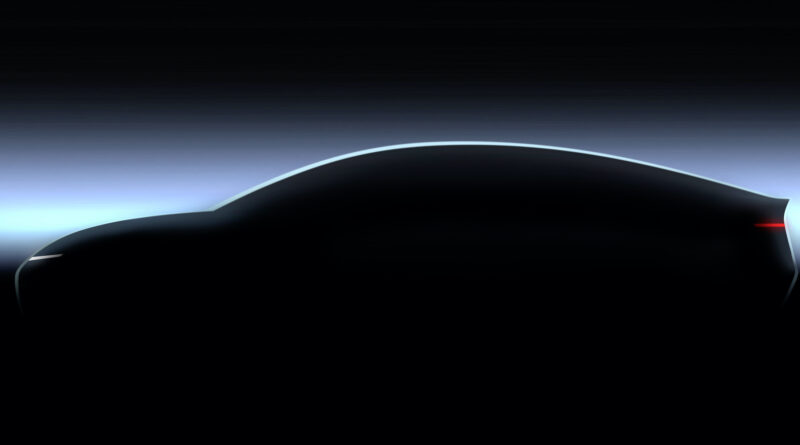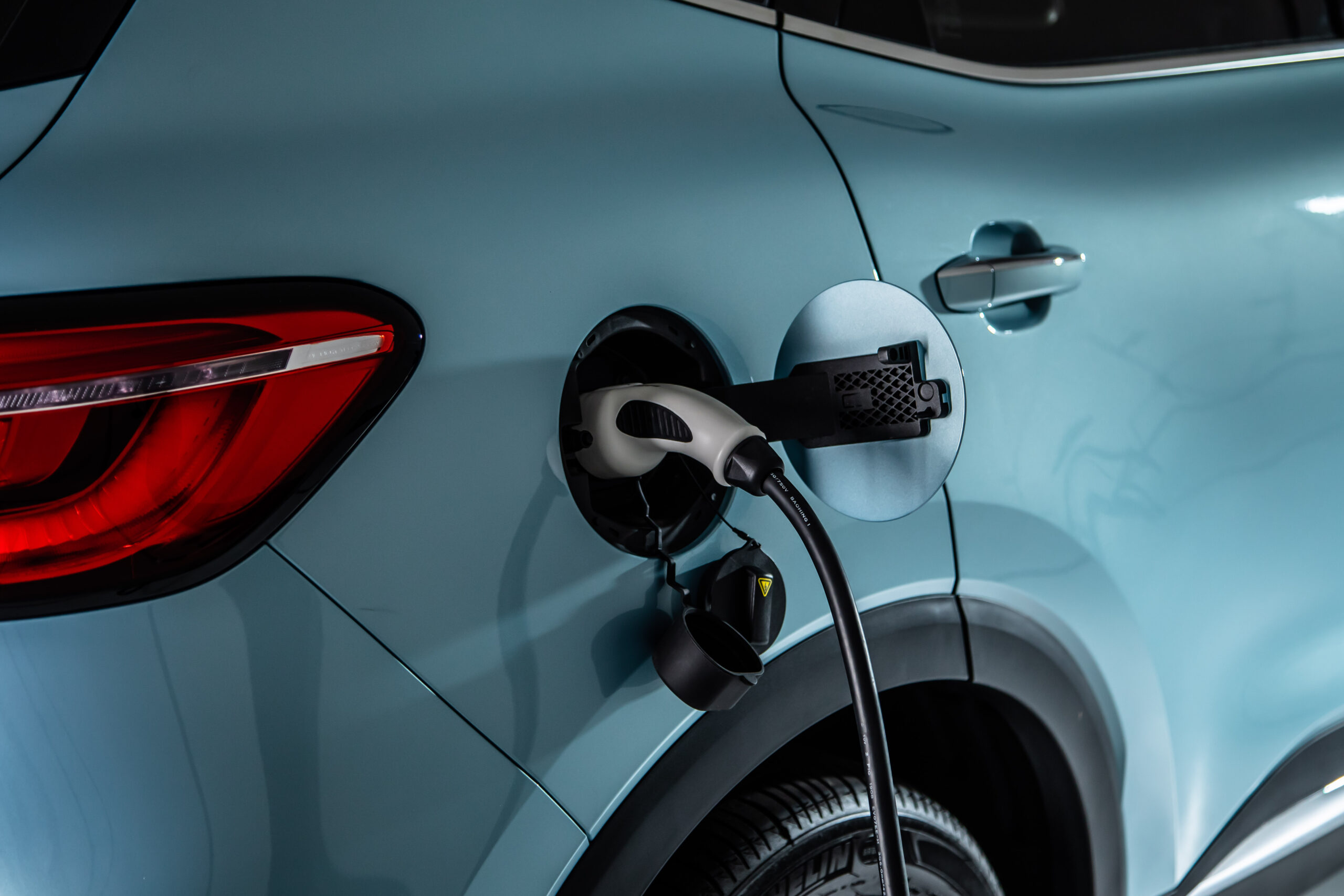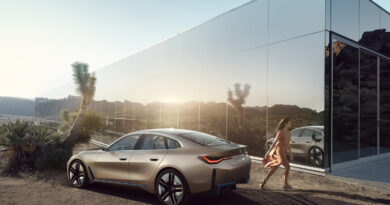Holy Trinity! VW’s fast-charging 2026 EV flagship
The digital rendering of the car Volkswagen currently calls Project Trinity leaves a lot to the imagination, but this 2026 sedan clearly outlines the company’s plans for its next generation of EVs.
It will set new standards in three areas, the German giant promises; driving range, charging speed and digitalisation.
In its Project Trinity presentation VW didn’t reveal exactly how long the car’s battery pack would take to fill. But they did say it would make “charging as fast as refuelling”. And that means Volkswagen is planning to adopt 800-Volt battery tech.
At the moment, 800V battery packs are uncommon. They’re used in the Porsche Taycan and the closely related Audi e-Tron GT as well as the just-revealed Porsche Taycan Cross Turismo, and will feature in the EV versions of the next Porsche Macan and Audi Q5. Porsche and Audi are both owned by the Volkswagen Group.
Hyundai will also use an 800V battery pack in its Ioniq 5, revealed only last week and due to reach Australia later this year.
Switching to 800V battery packs – double the voltage of most EVs – enables much speedier charging. They can make more effective use of the latest generation of 350kW-rated DC fast chargers.
While 800V battery packs do bring incremental improvements in overall EV efficiency, Volkswagen is probably counting on a some new and improved cell chemistry to deliver on its driving range promises.
What is certain is that Volkswagen aims to move to a much higher level of digitalisation. The Trinity is “our software dream car” says Ralf Brändstatter, VW brand CEO, who earlier this year described the car as “the next generation of electric mobility“.
“We are using our economies of scale to make autonomous driving available to many people.”
The Trinity looks set to slot into Volkswagen’s growing family of ID electric-only models that include the ID.4 mid-sized SUV that is on the wishlist for Australia (the earliest it would arrive would be 2023). Others include the ID.6 large SUV and a modern EV version of the Kombi.
When Trinity goes into production it will be technically ready for Level 4 autonomous driving, the executive says. That means it will be fully hands-free in certain situations, such as freeway driving.
Digitalisation, as envisioned by Volkswagen, will also alter the choosing, buying and ownership experiences. The company plans to sell the Trinity only online. Only days earlier Volvo announced it also plans to sell its EVs online.
Volkswagen will drastically simplify the process of picking a Trinity. Customers will be able to pick the car’s battery capacity, colour and wheel design. And that’s it…
What will be new is the range of digitalised options VW is obviously working on for the Trinity. These could range from software packages that enable new functions to fresh graphics for the instrument panel.
Volkswagen isn’t yet discussing the fine detail of its digitalisation strategy, but the company does admit the aim is to generate extra revenue.
The Trinity will be produced in Volkswagen’s historical hometown, Wolfsburg.




